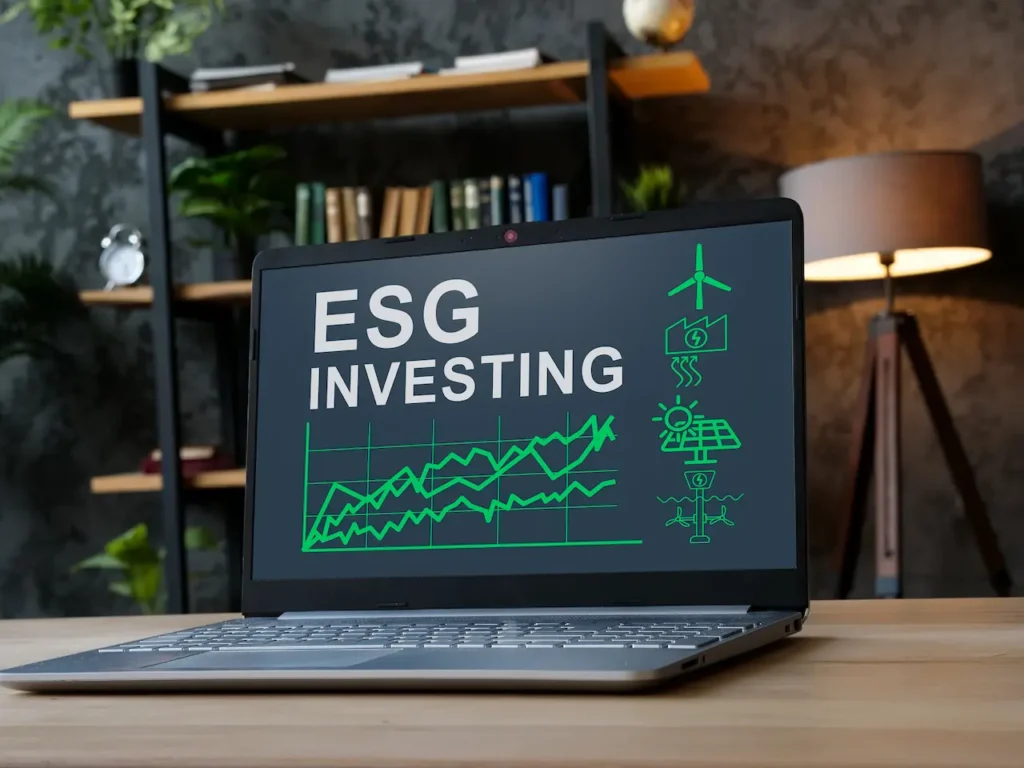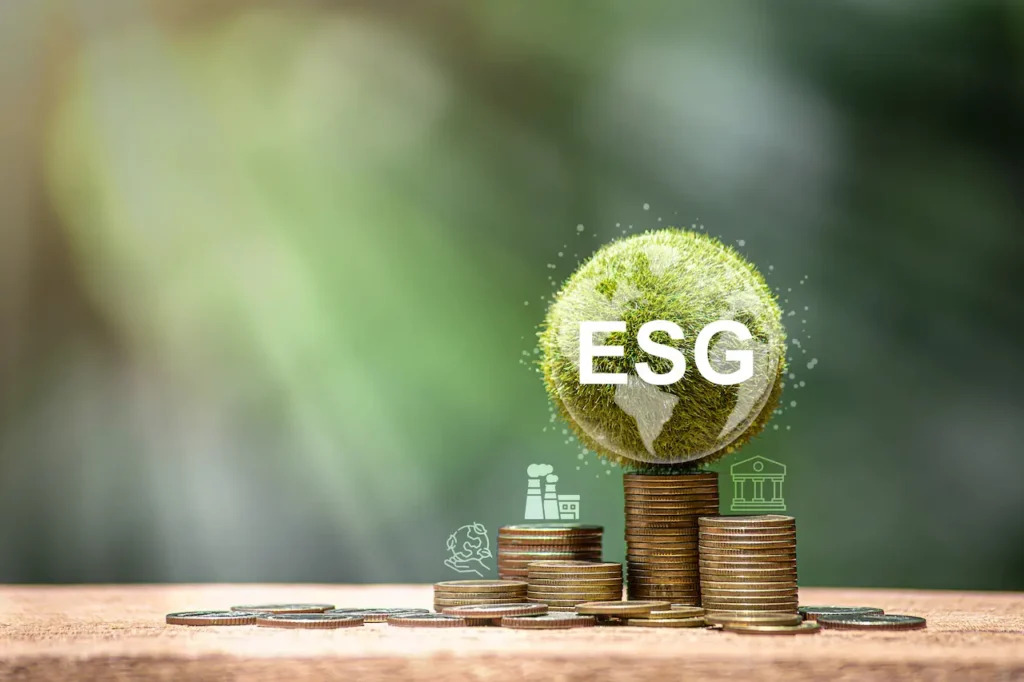ESG and Enviro Investing
ESG and Enviro Investing: A Framework for Responsible Investing
Environmental, Social, and Governance (ESG) criteria serve as the foundation for responsible investing. This approach evaluates investments not only for their financial returns but also for their impact on society and the environment. ESG is about aligning financial goals with broader values, ensuring that investments support positive societal and environmental outcomes.
Although ESG might seem like a modern trend, the concept of ethical investing has been around for decades. However, it has gained momentum in recent years as more investors demand transparency and accountability from companies. The challenge, as noted by share market specialist Remo Greco, is implementing ESG principles effectively amidst a financial landscape that sometimes prioritizes marketing over meaningful action.

The Hype and Reality of “Green” Investments
The past five years saw a surge in enthusiasm for green and clean energy stocks. Investment funds, institutions, and individual investors moved away from so-called “sin stocks” (e.g., fossil fuels, gaming, tobacco) toward businesses that claimed to prioritize sustainability. While this shift was celebrated, it also revealed a critical flaw: many companies overstated their environmental credentials, a practice known as greenwashing.
Greenwashing has led to disillusionment among investors who expected clear, measurable progress from their investments. This highlights the need for thorough research and skepticism when evaluating ESG-related opportunities.
The Global Clean Energy Index: A Benchmark in Transition
The Global Clean Energy Index is a collection of companies worldwide involved in renewable energy and sustainable technologies. While it serves as a useful benchmark, its performance over the last few years has been disappointing, with a decline of approximately 65%.
Several factors contribute to this downturn:
- High Expectations: Investors anticipated rapid progress and profitability, which has been challenging to deliver.
- Government Subsidies: Many clean energy initiatives relied on subsidies, which have decreased as governments face budgetary constraints.
- Market Realities: Transforming industries to align with sustainable practices is a slow, complex process.
Despite these challenges, the decline should not deter long-term investors committed to supporting sustainable initiatives. As Greco emphasizes, “Don’t give up the ghost.”
Navigating ESG Investments
For those looking to incorporate ESG principles into their portfolios, here are some practical steps:
- Clarify Your Goals: Define what aspects of ESG matter most to you—whether it’s environmental impact, social equity, or corporate governance.
- Explore Investment Options: Start with ESG-focused exchange-traded funds (ETFs) or managed funds to gain diversified exposure.
- Conduct Research: Look beyond marketing materials. Examine companies’ actual practices, track records, and third-party ESG ratings.
- Be Patient: Recognize that meaningful change takes time and may not yield immediate financial rewards.

Real-Life Financial Questions on ESG and Responsible Investing
Q: Should I take money out of my super to invest in property?
This is a common question for individuals approaching retirement. Remo Greco advises caution, emphasizing that superannuation offers tax benefits and diversified exposure to various markets, including property. By withdrawing funds to invest in a single property, you take on risks such as reliance on one tenant, one suburb, and one loan, which could increase financial vulnerability. Unless there’s a compelling reason, keeping funds within superannuation may be the wiser choice.
Q: Are financial planners trustworthy, or are they just after commissions?
The financial industry has improved significantly since the Royal Commission of 2015, but skepticism remains. Greco recommends seeking planners with a solid reputation, clear fee structures, and an understanding of your goals. Consulting multiple planners before committing can help ensure you receive reliable advice.
Q: Should young adults use an inheritance to pay off HECS debt or invest it?
This decision often depends on the interest rate of the HECS debt versus potential investment returns. Beyond financial calculations, Greco highlights the psychological benefit of eliminating debt early, giving young people a fresh start. A balanced approach may involve partial repayment and investing the remainder.
Q: Is investing in property better than exchange-traded funds (ETFs)?
For investors considering property versus ETFs, the decision often hinges on personal preferences and risk tolerance. Property investments offer tangible assets but come with illiquidity and market-specific risks. ETFs, on the other hand, provide liquidity and diversified exposure to various sectors, aligning with the flexibility many investors seek in uncertain times.
Institutional Perspectives and Greenwashing Concerns
A recent survey of global investors revealed that 60% are hesitant to allocate more capital to green energy investments, citing concerns about greenwashing. This skepticism, while disheartening, underscores the growing demand for accountability. Companies must now prove their sustainability claims with concrete actions and transparent reporting.
The Bigger Picture: ESG as a Long-Term Commitment
Responsible investing is more than a trend; it is a shift toward integrating ethical considerations into financial decisions. While the journey has its challenges, such as the underperformance of certain sectors and the prevalence of greenwashing, the long-term potential remains promising.
Investors should embrace a measured approach, staying informed and resilient in their commitment to supporting businesses that genuinely contribute to a sustainable future.
Final Thoughts
As Remo Greco notes, the key to successful ESG investing is persistence and discernment. Whether you’re exploring green funds for your superannuation or transitioning your portfolio toward ethical investments, take the time to align your financial strategy with your values. By doing so, you contribute to shaping a financial system that prioritizes both profit and purpose.





